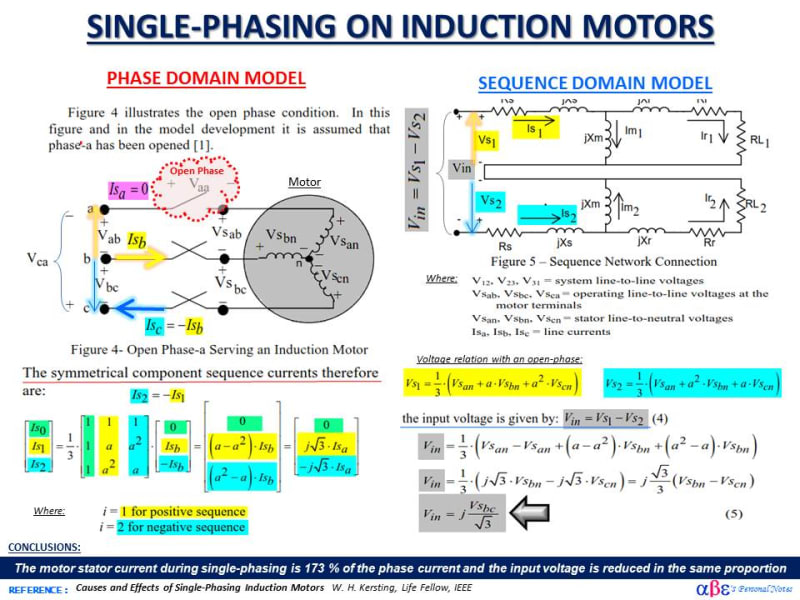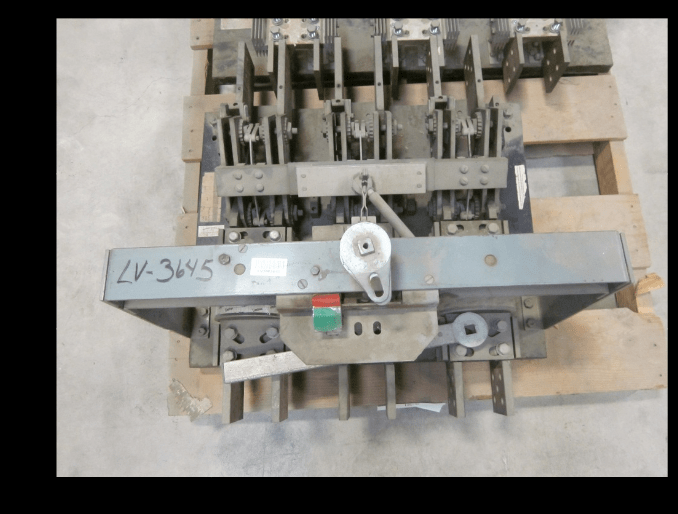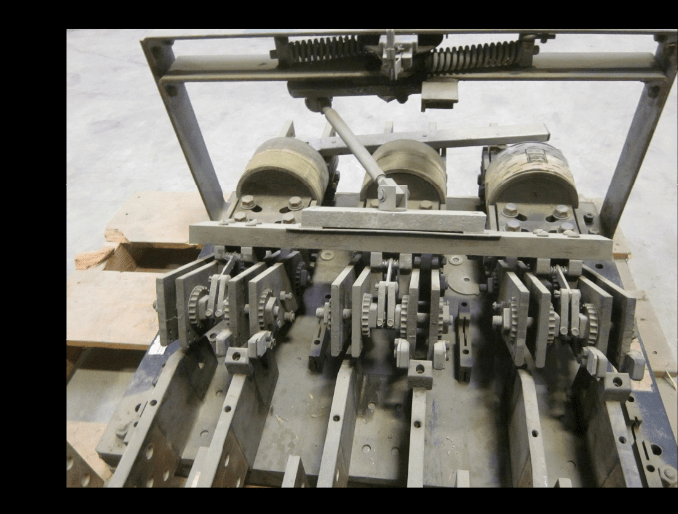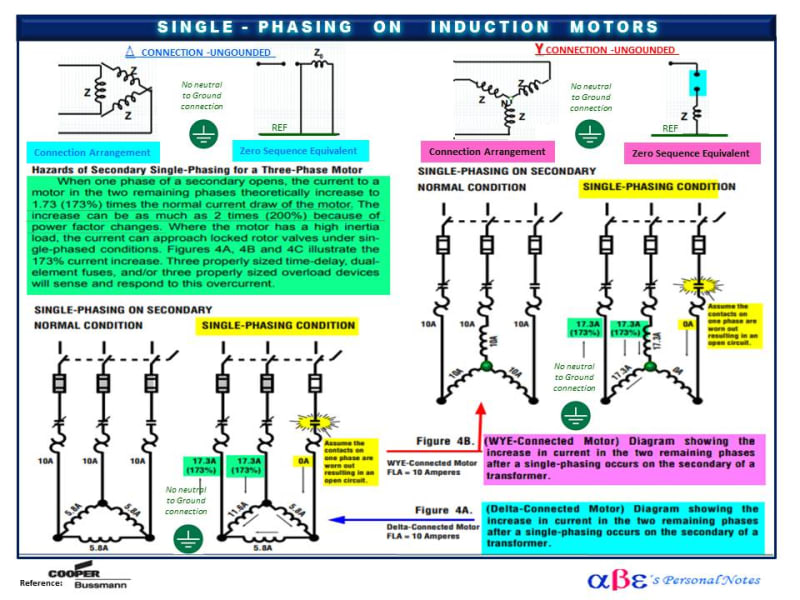Attached is a section of the Buff book on how to protect a small motor should it ground fault. It refers to a "bolted pressure contact switch". (I'm assuming this is a motor contactor?) It goes says the switch should be equipped with an anti-single phasing option and a shunt trip. That sounds reasonable but I'm not sure I've seen that done very often.
What really goes on during a ground fault that's protected by fuses ? Is it always going to single phase and you just have to happen on a strangely functioning motor/other load, and manually turn it off ? Or do they just all escalate into 3-phase faults and that's what trips the entire circuit ?
What really goes on during a ground fault that's protected by fuses ? Is it always going to single phase and you just have to happen on a strangely functioning motor/other load, and manually turn it off ? Or do they just all escalate into 3-phase faults and that's what trips the entire circuit ?




